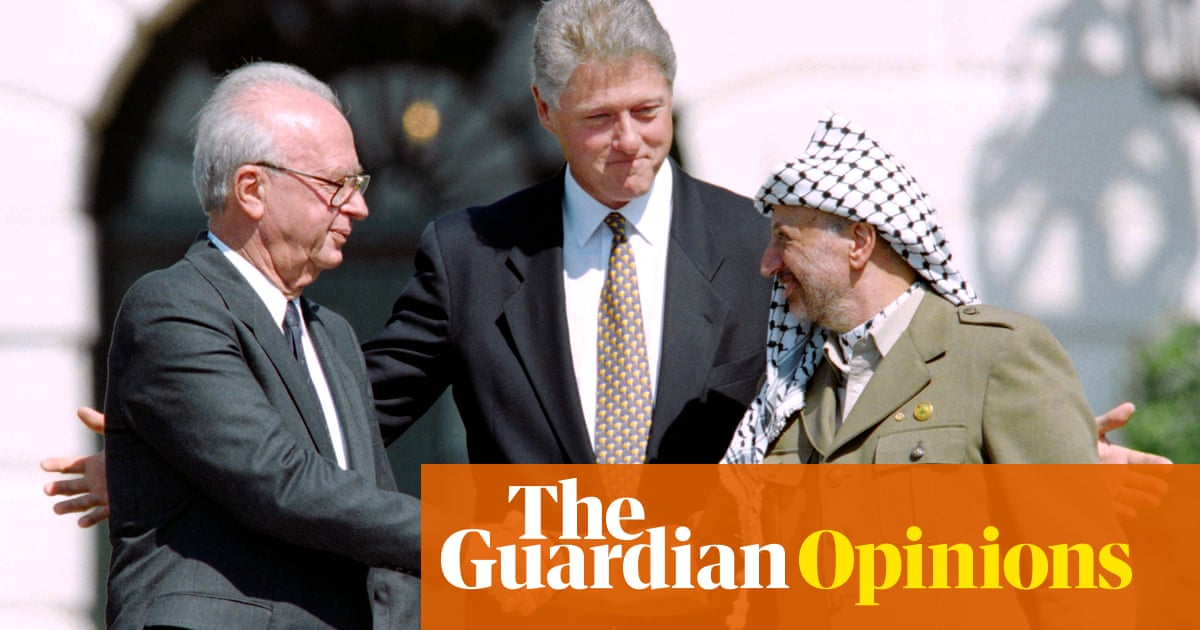
All initial public offering (IPO) prospectuses are obliged by securities law to spell out to potential investors the risks that are inherent in share sales. In the old formula, the company offering its stock to the public has the duty to tell them that “the price of shares can go down, as well as up.”
So in the spirit of transparency required by international capital markets, the Aramco prospectus has a long and detailed section of “cautionary advice” to potential investors in the IPO.
Some of these are factors that pertain to any oil or energy company, others are unique to oil companies in the Middle East and the Kingdom. For example, in a nod to the volatile oil price and fluctuating economic conditions, the prospectus warns that Aramco’s business is “significantly impacted by international crude oil supply and demand and the price at which it is able to sell crude oil.”
It “exports a substantial portion of its crude oil and refined products to customers in Asia, where adverse economic or political developments could impact the company’s results.”
In an oblique reference to the boom in American shale exports, which have flooded global oil markets, the prospectus says: “The company operates in a highly competitive environment. Competitive pressure could have a material adverse impact on the price at which it sells crude oil and other products.”
But these are factors that oil industry executives the world over have to live with and adjust to.
There are also more regional specific risks. “Political and social instability and unrest and actual or potential armed conflicts in the Middle East and North Africa and other areas may affect the company’s results … Terrorism and armed conflict may materially and adversely affect the company and the market price of the shares,” the prospectus cautions.
The document goes through recent attacks on Saudi oil facilities, in particular the September assaults on Abqaiq and Khurais, but concludes that they have not materially affected the company’s financial position.
Other risk provisions are peculiar to Saudi Arabia. “The mechanism for equalization compensation the company receives from the government in respect of domestic sales of certain hydrocarbons may be changed,” the prospectus says, in reference to the official policy of phasing out energy subsidies.
In a pointer to the wider social and developmental role Aramco has traditionally played in the Kingdom, the prospectus warns: “The government may direct the company to undertake projects or provide assistance for initiatives outside the company’s core business, which may not be consistent with its immediate commercial objectives or profit maximization.”
• Frank Kane is an award-winning business journalist based in Dubai. Twitter: @frankkanedubai
Disclaimer: Views expressed by writers in this section are their own and do not necessarily reflect Arab News" point-of-view












